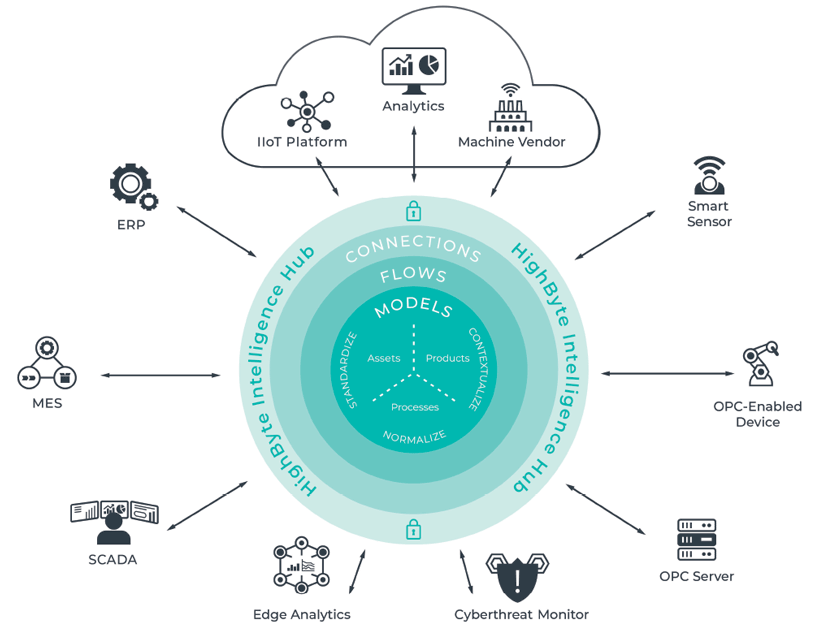DataOps
We give a service of DataOps, which is a collaborative and automated approach to managing the complete lifecycle of data, from its creation to its consumption by business applications. It is a set of practices that focuses on streamlining and automating data engineering, data integration, data analysis, and data management processes while ensuring the reliability, security, and quality of the data.
The goal of this service is to facilitate the delivery of high-quality data to the right people at the right time. This requires a cross-functional team approach, where data engineers, data analysts, data scientists, and business stakeholders work together to define requirements, design data pipelines, and continuously improve data processes.
The DataOps process typically involves the following steps:
- Data Ingestion: Collecting data from various sources, such as databases, APIs, file systems, and external services, and storing it in a centralized location.
- Data Integration: Combining data from different sources and transforming it into a unified format, so it can be analyzed and used by business applications.
- Data Quality: Ensuring that the data is accurate, complete, consistent, and up-to-date, by performing data profiling, data cleansing, and data validation.
- Data Analysis: Applying statistical and machine learning techniques to analyze the data and gain insights that can be used to make informed business decisions.
- Data Management: Managing the data throughout its lifecycle, including storage, backup, archiving, and retention.
- Data Governance: Defining policies and procedures for managing data, ensuring compliance with regulatory requirements, and protecting sensitive information.
- Continuous Improvement: Continuously monitoring and improving the data processes to ensure they are efficient, reliable, and scalable.
To achieve these goals, DataOps relies on a variety of tools and technologies, such as cloud platforms, containerization, automation frameworks, data cataloging, and data visualization. It also requires a culture of collaboration, transparency, and innovation, where all stakeholders are aligned around a common goal of delivering high-quality data.
In conclusion, DataOps is a crucial approach for organizations that want to unlock the full potential of their data assets. By streamlining and automating the data processes, DataOps can help businesses make faster, more informed decisions, improve operational efficiency, and gain a competitive advantage in their industry.

